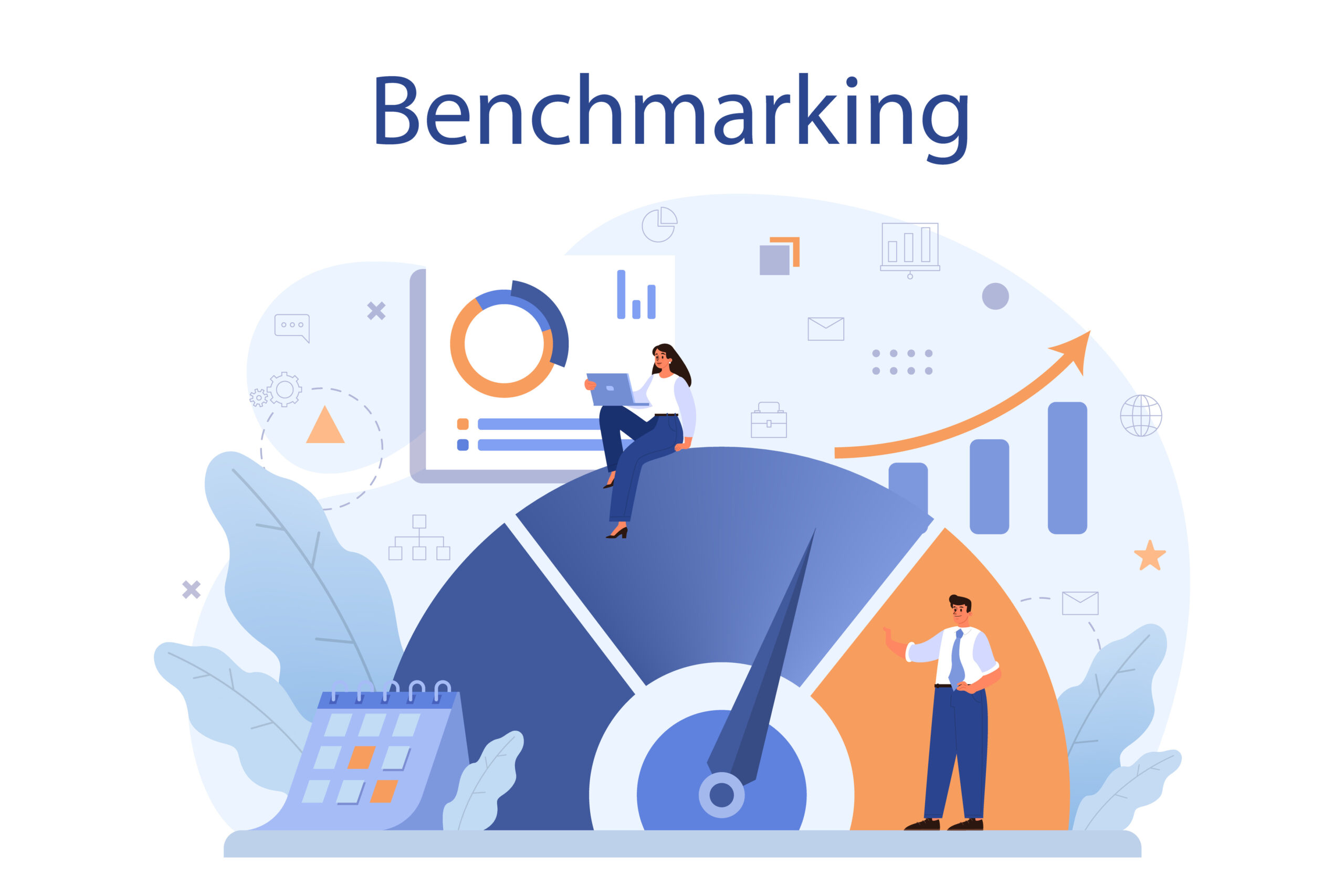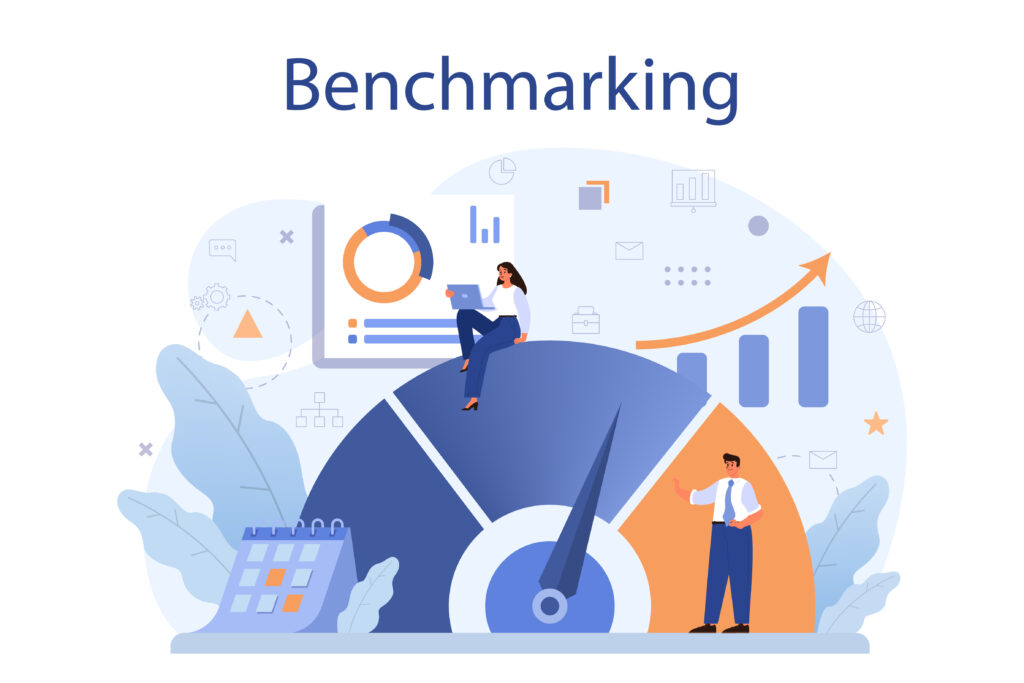
The cost of payment methods can vary based on factors such as the payment volume, industry, and specific arrangements with payment processors. Many organizations perform studies to determine the costs of each channel. Below you will find a collection of available cost information from existing publications.
ACH Payments:
ACH payments are generally more cost-effective compared to credit card payments. Fees can range from $0.20 to $1.50 plus 0% to 1.5% per transaction, with some processors offering flat-rate pricing or tiered pricing based on transaction volume.
Nacha’s study places the median costs for ACH payments as $0.40, including $0.15 internal costs like personnel and $0.25 external costs like financial institution fees.
Cash Payments:
Accepting physical cash involves operational costs, such as cash handling, security, and potential cash shrinkage. Although there might not be direct transaction fees associated with cash payments, businesses may incur costs related to cash handling procedures and security measures.
Research from the IHL Group finds that accepting cash payments costs in the range of 4.7 and 15.3 percent. This suggests that cash payments may in fact be the most expensive payment method!
Check Payments:
Check payments can have a broader cost range. Traditional paper checks may involve costs related to check processing equipment, labor, and potential bank fees.
According to the AFP 2022 Payments Cost Benchmarking Survey cited by Nacha, besides the $2.01 to $4.00 median cost of issuing paper check payments, the recipients of those checks incur a median cost of $1.01 to $2.00 to process and deposit them. Other entities claim that checks cost between $4-$20 to process and deposit. Depending on the size of the payment, that could be completely reasonable.
Credit Card Payments:
Credit card payments typically have higher processing fees compared to other methods due to interchange fees, assessments, and processing costs. Fees can range from 1.5% to 5% of the transaction amount, with an additional per-transaction fee of $0.10 to $0.30. Forbes provides a comprehensive article describing the pricing structures for card processing.
It’s crucial to note that these are general estimates, and the actual costs can vary based on your specific business circumstances, negotiations with payment processors, and the services they offer. For the most accurate and up-to-date information, it’s recommended to consult with payment processing providers or financial experts familiar with your business needs.
